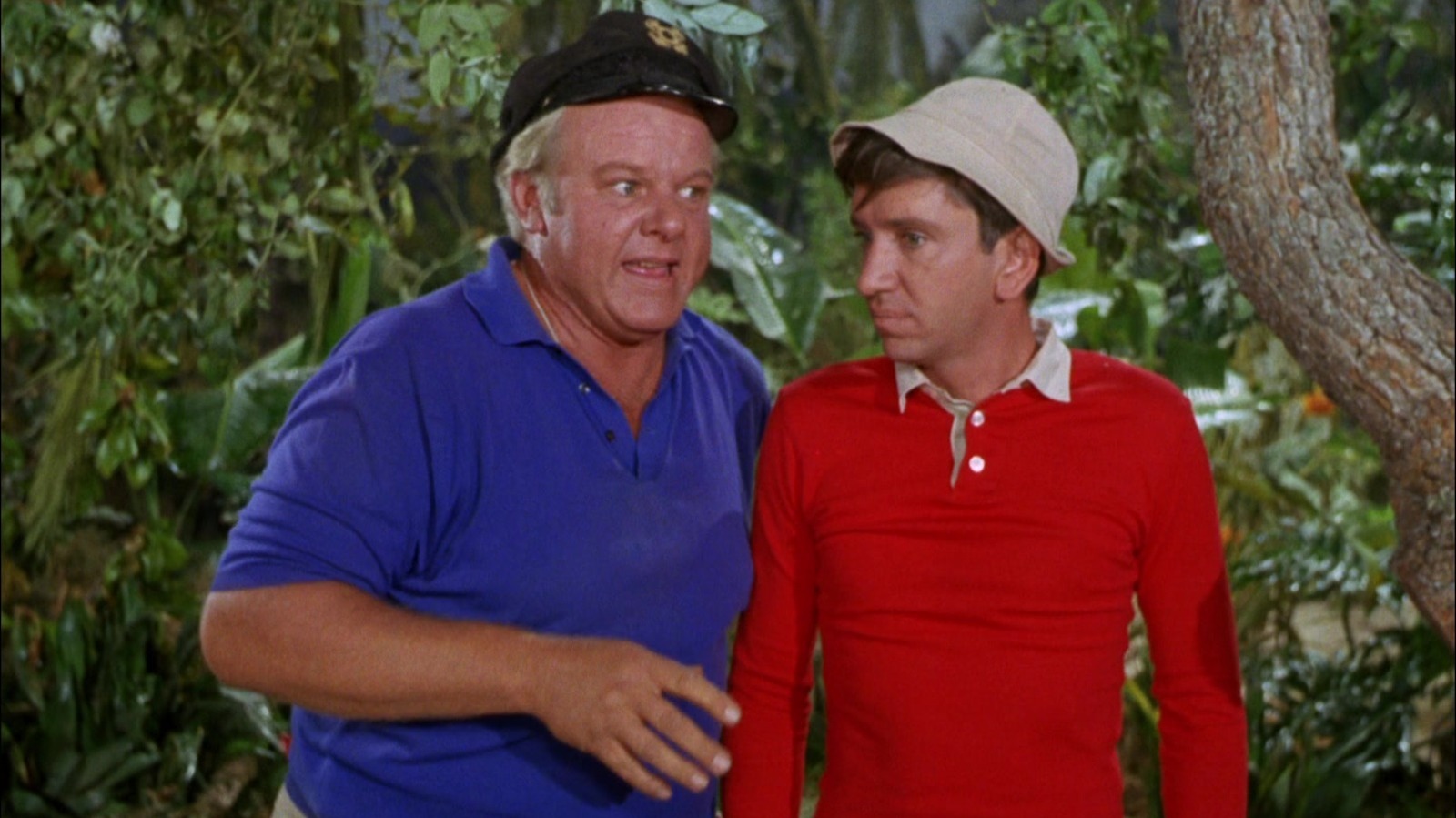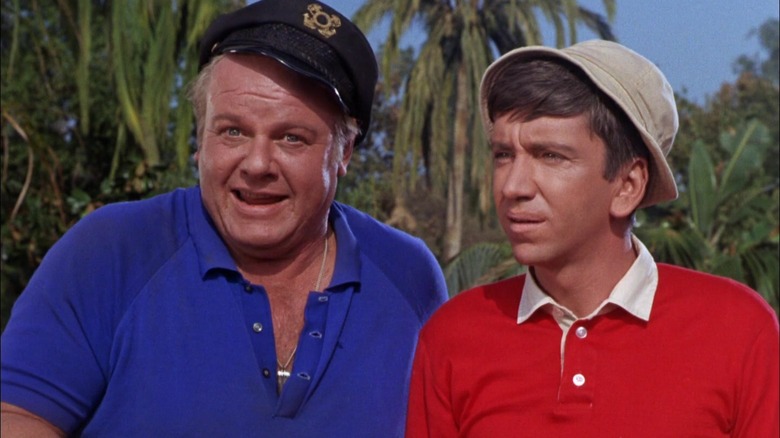on an uncharted desert island, and there seemed to be little hope for escape, there was an undercurrent of oblivious optimism at the show’s core. The seven stranded castaways were depressed by their plight yet chipper and upbeat on a daily basis. They resembled Voltaire’s Candide in this regard. They are living in the best possible world.
One can also easily compare “Gilligan’s Island” to “The Myth of Sisyphus,” Albert Camus’ treatise on the philosophical pleasures of futility. The castaways may be trapped in an unending loop of hope and despair, often poised to be rescued only to see the effort fail once again, but there is a whimsical joy to accepting the absurdity of their plight. One may also compare “Gilligan’s Island” to the characters in Commedia Dell’Arte, the ancient Italian comedy tradition that relies on familiar stock characters for their scenarios. The castaways are the modern versions of Pantalone, il Dottore, et al. Gilligan (Bob Denver) is clearly Arlecchino.
One can see the Commedia influence in the interactions between Gilligan and the Skipper (Alan Hale Jr.). Gilligan is an innocent, largely oblivious, and always clumsy. He may foil rescues and wreck widgets with his carelessness, but it’s hard to stay mad at Gilligan because he’s so feckless and guileless. All our anger is concentrated through the Skipper, who often bears the brunt of Gilligan’s clumsiness. It is the Skipper who gets thwacked in the face with Gilligan’s ladder. It is the Skipper who falls out of his hammock when Gilligan screams. They are a perfect comedic duo and one that comedy historians will remember in perpetuity.
In an interview with The Birmingham News (handily transcribed by MeTV), Denver once said he also felt his comedic chemistry with Hale was classical, stating that their dynamic was very akin to the relationship of Laurel & Hardy.


